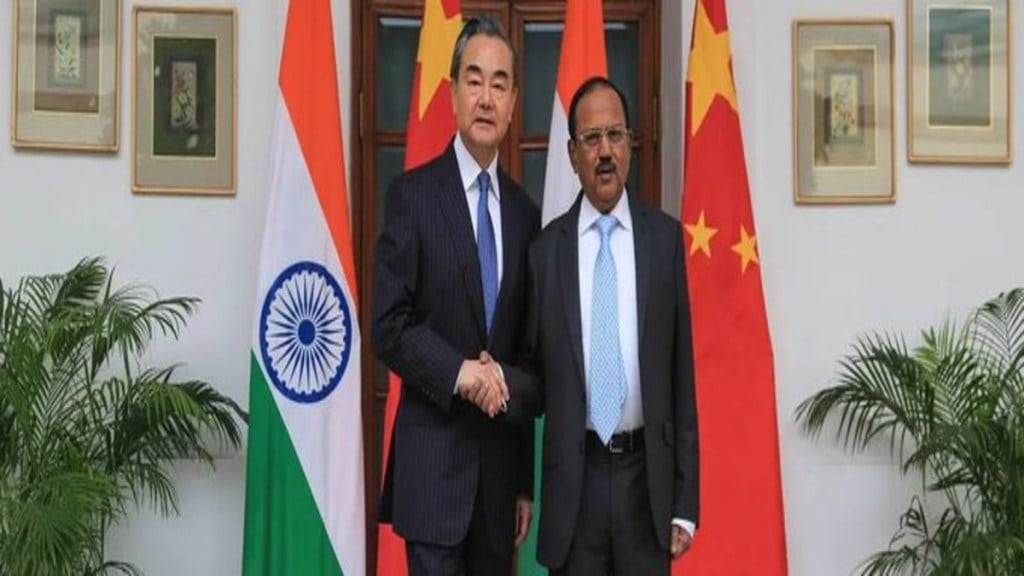In a significant step towards resolving longstanding border issues, India’s National Security Advisor (NSA) Ajit Doval will visit Beijing for a high-level meeting with Chinese Foreign Minister Wang Yi on December 18. This visit follows recent positive developments in India-China relations, especially after the easing of tensions along the Line of Actual Control (LAC) in eastern Ladakh.
The upcoming Special Representative (SR) level talks, the first such meeting since 2019, are being viewed as a crucial moment in the diplomatic efforts to resolve the border disputes that have been a source of friction between the two countries for decades. The last SR meeting was held in New Delhi in 2019, and the current meeting is expected to focus on building further momentum towards a lasting solution.
The timing of Doval’s visit follows a gradual improvement in bilateral ties, particularly since the 2020 Galwan Valley clash, which led to heightened military standoffs between Indian and Chinese forces. In recent months, both nations have taken steps to de-escalate tensions. One notable development was the disengagement agreement on the LAC, announced after a meeting between Indian Prime Minister Narendra Modi and Chinese President Xi Jinping at the BRICS summit in Russia. The agreement allowed both sides to retreat from sensitive border positions, laying the groundwork for more constructive talks.
Doval’s visit is expected to address key unresolved issues along the border, including the establishment of buffer zones to prevent clashes and the formulation of a comprehensive framework to manage the LAC. Given the history of border tensions dating back to the 1962 conflict, the SR talks aim to build a deeper understanding of the issues at hand and explore avenues for peaceful resolution.
While there is no official confirmation yet on the exact agenda of the talks, sources suggest that the discussions will cover a range of sensitive issues, including the management of military incidents such as the Galwan Valley clash. Additionally, the meeting could potentially lead to further military-to-military discussions to ensure the proper implementation of any agreements made.
This diplomatic engagement is particularly noteworthy as it marks the first SR-level talks since the Galwan clash, which left both sides with casualties. With China’s increasing geopolitical tensions with the United States over issues like Taiwan and the Philippines, Beijing has shown a renewed interest in stabilizing its relationship with India. This shift in approach is also influenced by the broader strategic context, where China seeks to avoid further complications with India.
As the SR-level talks unfold in Beijing, it is hoped that both countries will make tangible progress in finding peaceful resolutions to their border disputes, paving the way for long-term stability in the region. Doval’s visit, along with the diplomatic momentum, signals a renewed commitment by both nations to address the challenges of their shared border and strengthen bilateral ties moving forward.

